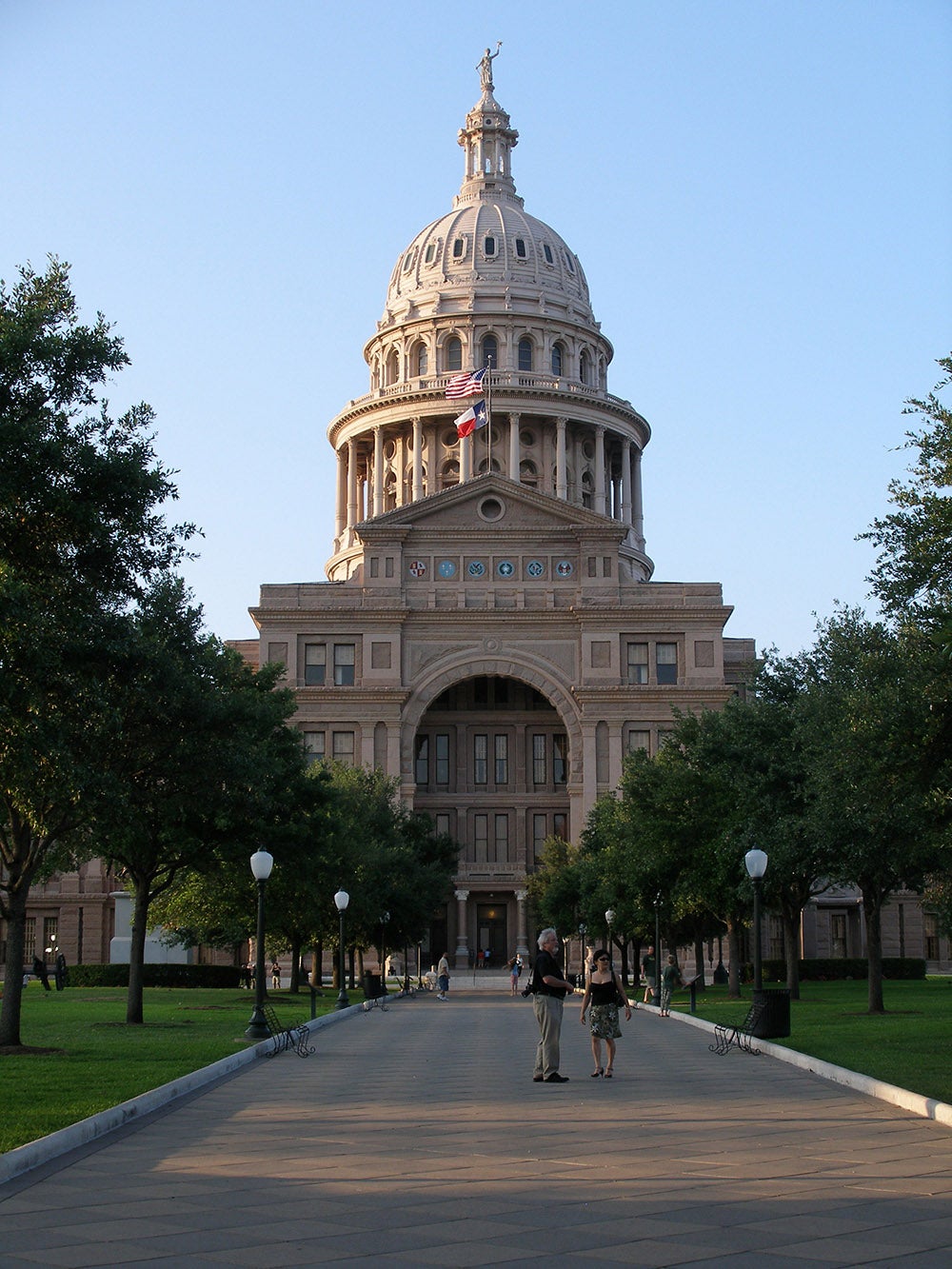New Texas law that takes effect next week could save thousands of lives
Published 12:09 am Saturday, August 28, 2021
|
Getting your Trinity Audio player ready...
|
AUSTIN, Texas — A new Texas law that will make it easier for businesses and organizations to have Automated External Defibrillators (AEDs) will take effect on Thursday, Sept. 1, and could save thousands of lives.
The law was passed with unanimous, bi-partisan support. It was endorsed by the American Heart Association, the Texas Medical Association, and industry groups like the Texas Restaurant Association and the Texas Hotel and Lodging Association.
Many Texas businesses had been reluctant to have AEDs because Texas was one of fewer than 15 states that allowed a business to be sued if an AED was not used properly. Texas also required that businesses put all employees through a two-hour training course as a precondition for having an AED.
The new reforms improve the state’s AED laws in three ways:
- Businesses and organizations who own, manage, or occupy a property where an AED is placed will no longer have civil liability for any misuse of, or failure to use, their AED
- Businesses and organizations will not have to train everyone in their building as a prerequisite for having an AED, and
- Businesses will be required to check their AEDs monthly to ensure they are ready for use.
“Modern AEDs are designed to be used by an untrained responder, so this training is no longer necessary,” said Bobby Wehmeyer, an advocate for this legislation who had watched untrained waitstaff at a hotel restaurant save his father’s life with an AED in 2017. Wehmeyer now runs a company, AED123, that provides AED service to businesses.
AED availability is critical to favorable outcomes in responding to cardiac arrests. Daniel Daly, a firefighter from the City of Plano, said, “Plano Fire and Rescue has data supporting some of the fastest response times in the nation, but we cannot beat the response time of an AED that’s already on scene.”
“The reality is every minute that goes by with somebody suffering from cardiac arrest, their chance of survival drops ten percent,” said Caleb Rosier, a firefighter and paramedic with Carrollton Fire Rescue.
Cardiac arrest affects people of all ages. JV Lattimore, who was saved by an AED after suffering cardiac arrest at the age of 43 said, “Cardiac arrest can happen to anyone, anytime and if you’re prepared with an AED, you can save a life.”
32,000 Texans die of cardiac arrest each year, and many of these lives can be saved by better availability of AEDs. “If you have cardiac arrest where there is no AED, and you have to wait 10 minutes on an ambulance, you will live less than 10% of the time”, said Wehmeyer, citing a study released by the European Society of Cardiology. “However, if you have cardiac arrest and someone rapidly uses an AED to restart your heart, you will live more than 90% of the time.”






